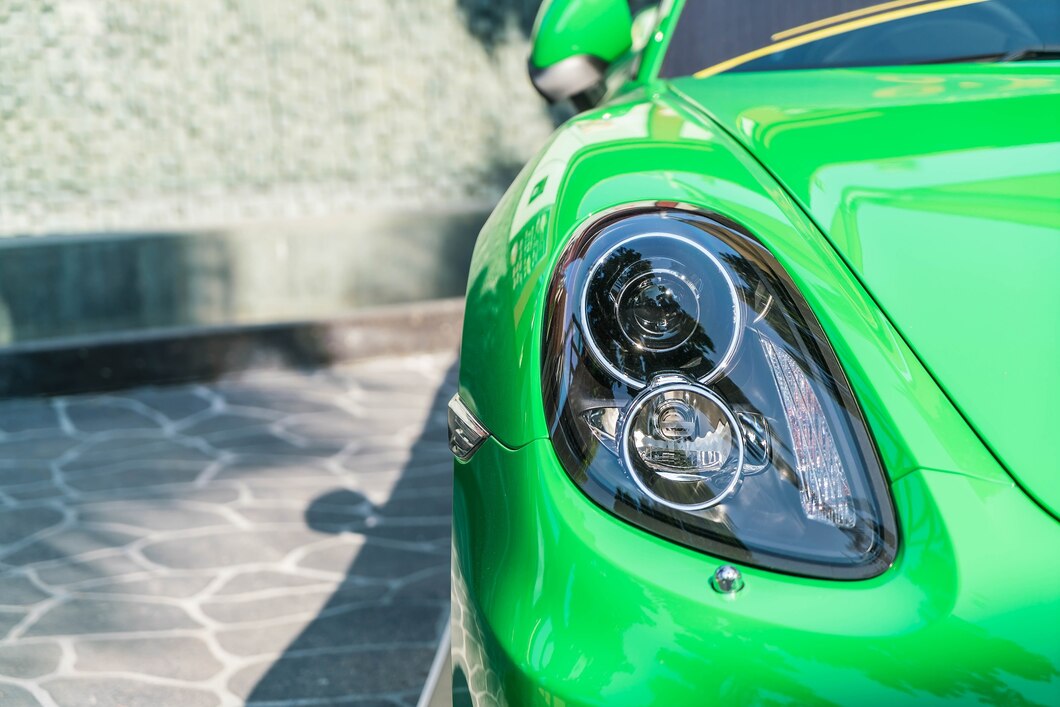Upgrading to a new car can often feel like a financial burden, especially when the excitement of a new purchase is overshadowed by concerns about monthly payments, rising fuel prices, and maintenance costs. However, when you look at the bigger picture, upgrading to a new vehicle can actually bring a host of eco-friendly and budget-smart benefits that make the investment worthwhile. From reducing your environmental impact to saving you money in the long run, upgrading to a new car is not just a change in wheels, it’s an opportunity to be more sustainable and financially savvy.
A Greener Ride: Lower Emissions and Better Fuel Efficiency
One of the most immediate eco-friendly benefits of upgrading to a new car is the improved fuel efficiency that modern vehicles offer. Older cars, especially those with aging engines, tend to consume more fuel and emit more harmful pollutants, making them less efficient and more damaging to the environment. New cars, particularly those with hybrid or electric capabilities, are designed to be much more energy-efficient, which means they burn less fuel and produce fewer emissions.
By upgrading to a new, fuel-efficient car, you’re reducing your carbon footprint significantly. Many new vehicles now come with advanced technology, such as eco-driving modes or energy-saving engines, that help you reduce fuel consumption without sacrificing performance. In fact, some newer models can save you hundreds of dollars annually on fuel, helping you drive more sustainably while keeping more cash in your pocket.
For those committed to even greener driving, electric vehicles (EVs) and plug-in hybrids are becoming more affordable and mainstream. These cars produce little to no emissions and rely on electric power, which is much cleaner than gasoline. With incentives and rebates available for EV buyers, upgrading to an electric car can be an excellent choice for anyone looking to make a significant environmental impact while cutting down on long-term energy costs.
Cutting Maintenance Costs and Boosting Longevity
Older cars often come with high maintenance costs from frequent repairs to replacing worn-out parts like tires and brakes. The older the car, the more likely it is that you’ll face unexpected breakdowns, leading to costly repairs and long trips to the mechanic. By upgrading to a new car, you can benefit from lower maintenance costs, fewer repairs, and an extended lifespan.
New cars come with manufacturer warranties that cover major repairs for several years, meaning that you won’t have to worry about unexpected repair bills eating into your budget. Additionally, the improved reliability of new cars means you’re less likely to experience breakdowns, saving you not only money but also the time and stress that comes with an unreliable vehicle.
With fewer repairs, you’ll also be using fewer resources in the long term, as new cars are designed to require less frequent replacement of parts, and they often feature more durable materials that last longer.
Reduced Fuel Costs with Modern Engine Technology
Upgrading to a new car also brings with it the benefits of modern engine technology, which significantly reduces fuel consumption compared to older engines. New cars are equipped with advanced technologies such as turbocharging, direct injection, and variable valve timing, all of which work together to maximize fuel efficiency. These technologies allow newer cars to extract more power from less fuel, reducing your fuel costs and saving you money at the pump.
For example, many new cars now offer automatic start-stop systems that turn the engine off when the car is idle, such as at traffic lights, and restart it automatically when you begin driving again. This helps reduce unnecessary fuel consumption, especially in city driving, where idling can account for a significant portion of fuel use.
The Financial Incentives of Going Green
Beyond the savings on fuel and maintenance, upgrading to a new car—especially an electric or hybrid model can bring substantial financial incentives. Many governments offer tax credits, rebates, and other incentives to encourage consumers to choose eco-friendly vehicles. These financial incentives can help reduce the initial purchase price of a new car, making it more budget-friendly in the long run.
In some regions, you may also find that your new, eco-friendly car qualifies for reduced registration fees or access to special driving lanes (such as carpool lanes), offering even more benefits and savings. Additionally, as gas prices fluctuate, driving a fuel-efficient car or an electric vehicle ensures you’re less affected by rising fuel costs, keeping your budget more predictable and less reliant on external market factors.
Lower Insurance Premiums with Newer Vehicles
Insurance premiums tend to be lower for newer cars, especially those equipped with advanced safety features like lane-keeping assist, automatic emergency braking, and collision detection systems. These features can significantly reduce the risk of accidents, making new cars less expensive to insure. In turn, lower insurance premiums free up more money that can be directed toward other budget priorities or saved for future expenses.
Additionally, the higher resale value of new cars means you can expect to get more money back if you decide to sell your vehicle in the future, providing even more savings down the road. When you buy a car that holds its value, you’re making a smart financial decision that benefits you long term.
Upgrading to a new car may seem like a big decision, but the eco-friendly and budget-smart benefits make it an investment worth considering. From saving money on fuel and maintenance to reducing your carbon footprint and taking advantage of government incentives, a new car can help you drive into a more sustainable and financially sound future. With advanced engine technology, improved reliability, and numerous incentives, upgrading to a new car is a step toward smarter spending and a greener planet. Whether you’re looking to lower your emissions or save money, the benefits of upgrading to a new vehicle are undeniable—and your wallet and the planet will thank you.
